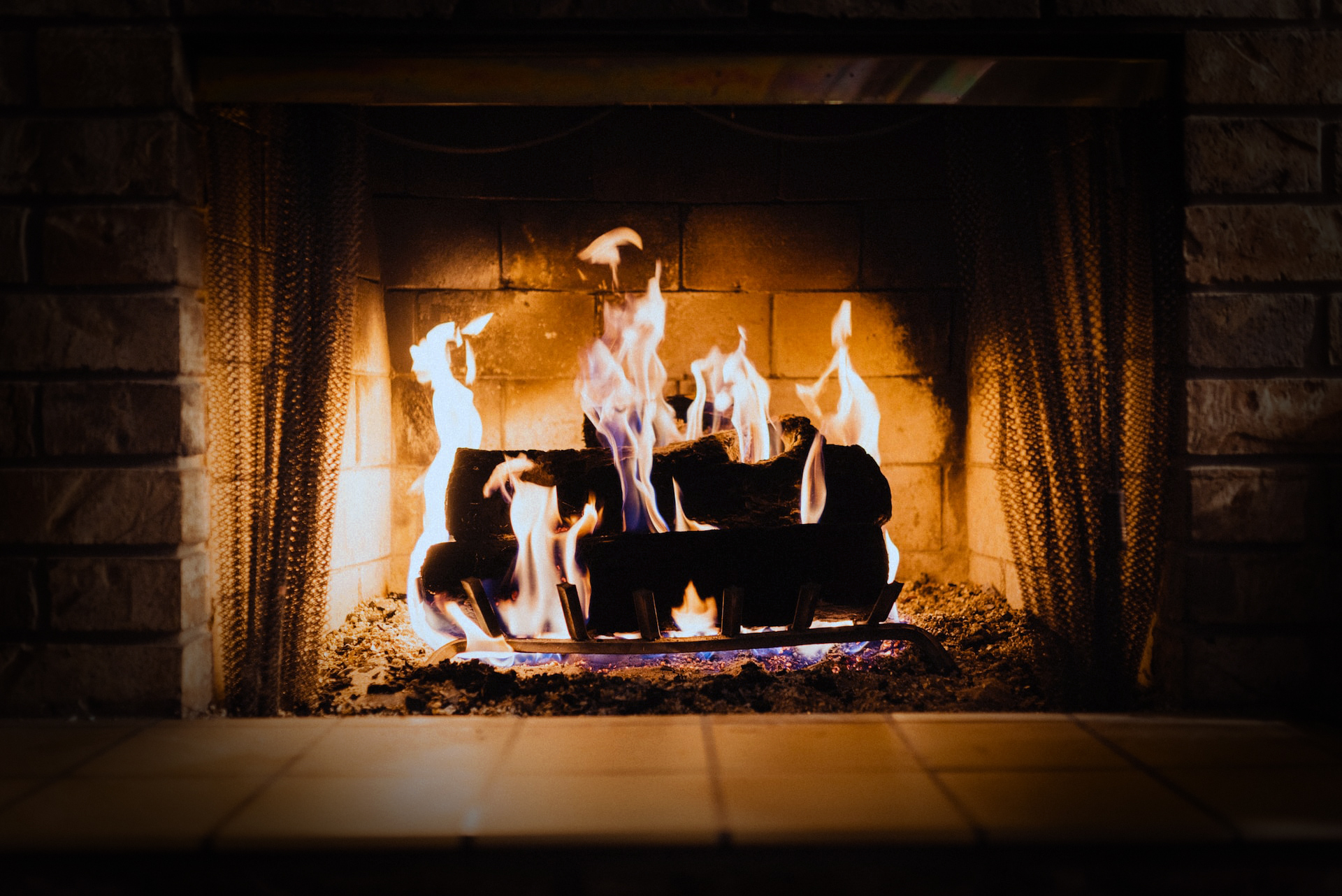Houston Chimney Repair
Bringing Warmth & Reliability Back To Your Home

Chimney & Fireplace Leaks

Chimney & Fireplace Repair
20 years of experience servicing, repairing and rebuilding chimneys. A+ rated BBB company in business since 2004 with zero BBB complaints.
Your Local Fireplace Experts

Chimney & Fireplace Cleaning

Chimney & Fireplace Repair
Years Established
Our Services
Call us today to schedule a chimney cleaning with one of our experienced technicians.
Call 281.491.0433
Chimney Cleaning
More On Chimney Cleaning
Chimney Repair
More On Chimney Repair
Fireplace Repair
More On Fireplace Repair
Fireplace Leaks
More On Fireplace Leaks
Dryer Vent Cleaning
More On Dryer Vent Cleaning
Outdoor Hearth and Fireplace
More On Outdoor Hearth and Fireplace
Chimney Leaks
More On Chimney Leaks
Servicing Houston & Surrounding Areas for Over 20 Years

Call For a Quote:
(281) 491-0433
Client Testimonials
Choosing the “RIGHT” contractor has been a daunting task…to say the very least!!! Every contractor I had met with left me with a feeling of having dealt with a “used car salesman”…until I had the good fortune to find Aaron Jubela and his company! He was straightforward and honest in our initial meeting and responded to my questions with respect. I received my quote in a timely manner, as promised! I verified the BBB rating which was excellent, as his website stated! The only thing missing was…references!!! He explained his policy was respecting the privacy of his clientele, which made perfect sense, so, when asked to write a testimonial about my recent experience, I jumped at the chance in hopes of helping others searching for a contractor! The work was scheduled for Saturday, December 3, 2011, and the two-man crew was on time, began immediately, took very few breaks, interacted with me as I checked on their progress, completed the job the same day & cleaned up after themselves…all this with BIG SMILES!! I have scheduled another project to bid, and I truly look forward to working with Aaron and his crew again!!! I recommend you check them out!!!
Brenda P. Houston, TX

